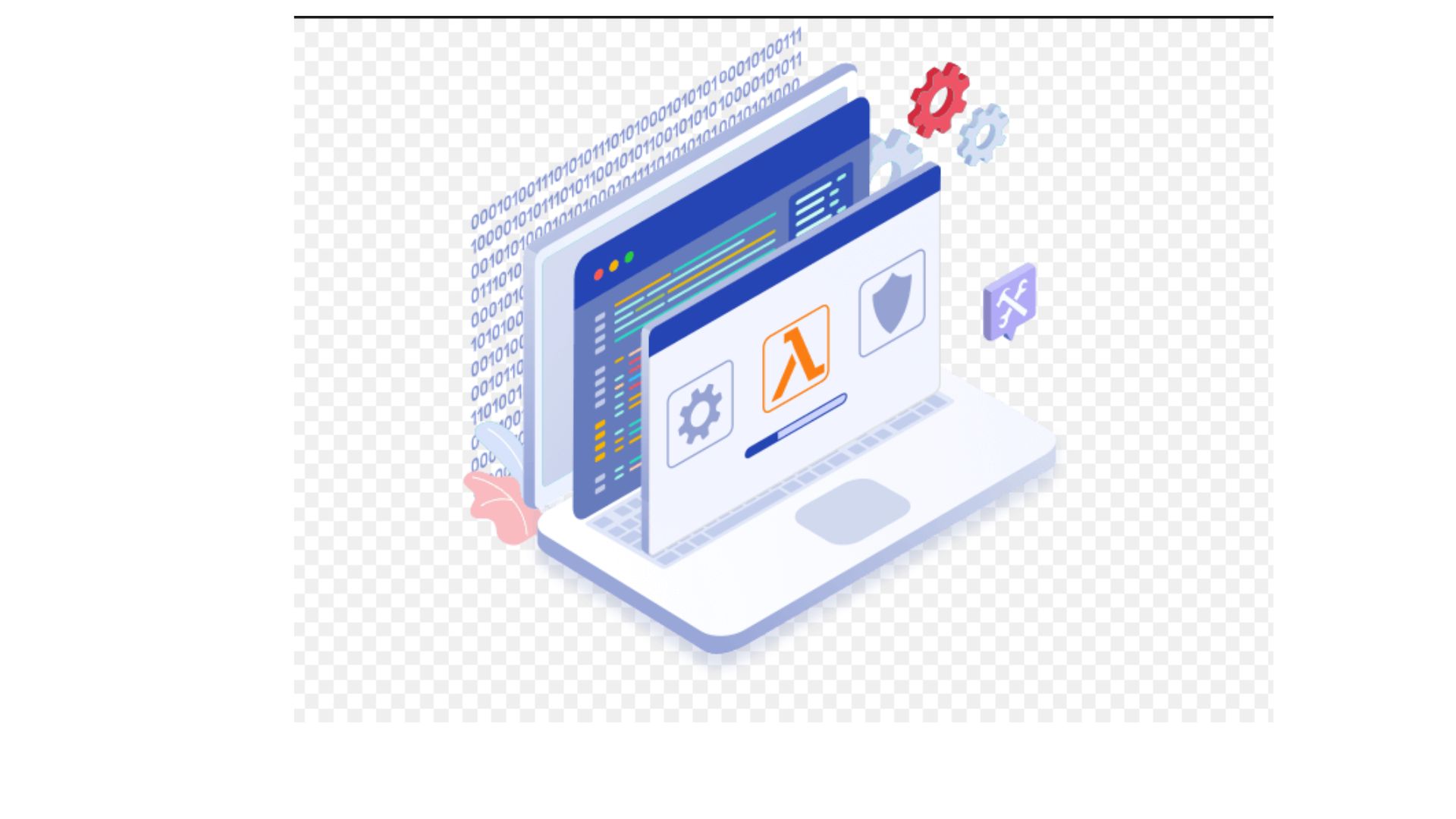
The landscape of web development is constantly evolving. PHP, a veteran in the language arena, continues to adapt and integrate with emerging technologies. One such trend is the rise of serverless computing, a revolutionary approach that eliminates the need for developers to manage servers. This post explores the exciting possibilities of popular serverless platforms embracing PHP, allowing you to build modern, scalable applications with ease.
Serverless: A PHP Boon
Traditionally, PHP applications resided on dedicated servers, requiring constant management and scaling considerations. Serverless computing disrupts this paradigm. Here’s why it’s a game-changer:
Effortless Scalability
Serverless platforms handle scaling automatically. Suddenly facing a surge in traffic? No problem! The platform seamlessly allocates resources, ensuring optimal performance without your intervention.
Reduced Operational Costs
You only pay for the resources your application consumes. Eliminate the need to provision and maintain servers, leading to significant cost savings.
Faster Development Cycles
Focus on application logic and functionality, not server management. Serverless platforms handle infrastructure concerns, allowing you to deploy code faster.
Focus on Core Competencies
Serverless computing frees you from server maintenance headaches. Devote your valuable time to building exceptional features and functionalities for your users.
Popular Serverless Platforms
The good news? Several popular serverless platforms now offer varying degrees of support for PHP. Let’s delve into three key players:
AWS Lambda
The undisputed leader in serverless computing, AWS Lambda offers limited native support for PHP. However, the community has developed workarounds using custom runtimes like “serverless-php” that enable you to run PHP code on Lambda.
Google Cloud Functions
This platform offers a more direct approach for PHP developers. Google Cloud Functions supports deployment of PHP code directly, allowing you to leverage the benefits of serverless computing with the familiar language.
Azure Functions
Microsoft’s serverless offering, Azure Functions, provides support for PHP through extensions. Similar to AWS Lambda, you can utilize extensions like “azure-functions-php” to deploy your PHP code in a serverless environment.
These platforms offer varying levels of maturity and ease of use. Carefully consider your specific requirements and delve into the documentation provided by each platform to make an informed decision.
Exploring Alternative Options
While the aforementioned platforms dominate the market, other options offer unique features and functionalities:
OpenWhisk
This open-source serverless platform boasts excellent portability across different cloud providers. If vendor lock-in is a concern, OpenWhisk might be worth exploring, although PHP support might require additional configuration.
IronFunctions
Another open-source contender, IronFunctions offers a robust serverless development framework. While documentation for PHP specifically might be limited, the platform’s flexibility allows for creative solutions.
Remember, the serverless landscape is constantly evolving. Keep an eye on emerging platforms that might offer even better compatibility with PHP in the future.
PHP Framework Compatibility
Beyond basic PHP code execution, serverless platforms need to integrate seamlessly with your preferred framework. Here’s a quick overview:
Laravel
The widely popular Laravel framework boasts a thriving community within the serverless world. Packages like “Laravel Serverless” facilitate a smooth transition to serverless development using AWS Lambda.
Symfony
This robust framework also benefits from community-driven solutions. Libraries like “serverless-symfony” enable developers to leverage serverless functions within their Symfony applications.
Other Frameworks
Most popular PHP frameworks have some level of serverless integration, either through community-developed libraries or official support from the platform itself. Explore the documentation and actively engage with the framework’s community to find suitable solutions.
While not all frameworks offer plug-and-play serverless integration, the developer community is constantly innovating. Research the available options and choose the combination of platform and framework that best suits your project’s needs.
Building Serverless PHP Applications
Ready to explore the exciting world of serverless PHP? Here are some initial steps to get you started:
Choose Your Platform
Carefully evaluate your needs and research the available serverless platforms. Consider factors like pricing, ease of use, and level of PHP support.
Select a Framework (if applicable)
If you’re already using a PHP framework like Laravel or Symfony, explore the available serverless integration options.
Deploy Your Code
Follow the deployment instructions for your chosen platform.
Conclusion
This foray into serverless PHP has just begun! Embrace the flexibility and scalability it offers, experiment with different platforms and frameworks, and watch your PHP applications reach new heights of efficiency and performance. The future of PHP development is bright in the serverless cloud!

